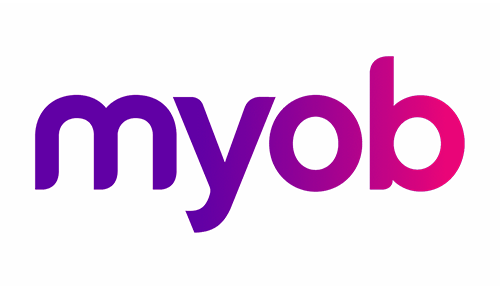Professional Bookkeeping on the Central Coast
Professional Team
Wide Service Range
Customer Service-focused
Supporting Your Business
Dynamic Accounting Taxation Advisors offers comprehensive bookkeeping services for small to medium businesses across the Central Coast, including Gosford, Erina, Bateau Bay, Lisarow, The Entrance, Woy Woy, Wamberal, Kincumber and surrounding Central Coast areas.
Our services can cover daily transaction management, reconciliations and expense tracking to help ensure your financial data remains accurate, organised and up-to-date.
With our detailed record-keeping and real-time tracking, you may gain valuable insights into cash flow and expenses, supporting informed decision-making and smoother tax preparation.
We aim to tailor our bookkeeping services to fit the specific needs of your business, so you can focus on growth while we manage essential financial details.
For professional bookkeeping services on the Central Coast, contact Dynamic Accounting Taxation Advisors on (02) 4385 7365—learn how we can support your business in staying organised and compliant.
Helping Organise Your Financial Transactions
Bookkeeping involves systematically recording and organising a business’s financial transactions to provide a clear picture of income, expenses and overall financial health.
In Australia, bookkeeping includes recording daily transactions, managing accounts payable and receivable, reconciling bank statements and tracking expenses.
Regular bookkeeping may ensure compliance with the Australian Taxation Office (ATO) requirements for BAS and GST reporting. Record-keeping can often allow businesses to monitor cash flow, plan budgets and prepare for tax time with ease.
By maintaining organised financial records, businesses can make informed decisions, stay compliant and streamline their accounting processes.
Frequently Asked Questions
What is bookkeeping, and why is it important for my business?
Bookkeeping is the process of recording all financial transactions within a business, including income, expenses and payments. This ongoing process can create a clear and accurate financial record, which can be essential for understanding business performance.
Accurate bookkeeping can help you track revenue and expenses, plan for cash flow needs and make informed business decisions. Well-organised financial records may also make tax preparation easier and can ensure compliance with financial regulations.
For growing businesses, bookkeeping may provide insights into areas needing improvement, contributing to long-term success.
How does bookkeeping differ from accounting?
Bookkeeping and accounting are closely related but have distinct roles. Bookkeeping involves recording daily transactions, such as sales and expenses, and organising financial information in an accurate, systematic way. Accounting, on the other hand, uses this organised data to create financial statements, conduct analyses and provide strategic advice.
While bookkeepers focus on data entry and record maintenance, accountants interpret this data, offering insights into a business’s financial health and helping with compliance. Both are essential, with bookkeeping providing the foundation for effective accounting.
What types of records should I keep for bookkeeping purposes?
Good bookkeeping relies on maintaining accurate and detailed records, which include invoices, receipts, bank statements, payroll information and expense reports. It’s also important to keep records of sales, purchases, assets and any other relevant financial documents.
Organising these records by category or account type can make tracking easier and helps to ensure nothing is missed. Keeping digital backups of these records can also be helpful in case of physical document loss.
Consistent, thorough record-keeping supports transparency, simplifies tax preparation and allows for easier financial analysis.
How often should I update my bookkeeping records?
Regularly updating your bookkeeping records can be essential to maintaining accurate financial information.
Ideally, records should be updated on a daily or weekly basis to capture all transactions and avoid backlogs. Frequent updates may provide a real-time view of your financial position, helping you monitor cash flow, track expenses and prepare for tax obligations without surprises.
Regular bookkeeping may also prevent errors that can occur when transactions are recorded long after they happen. Consistent updates often ensure that financial reports are accurate and support timely, informed decision-making.










